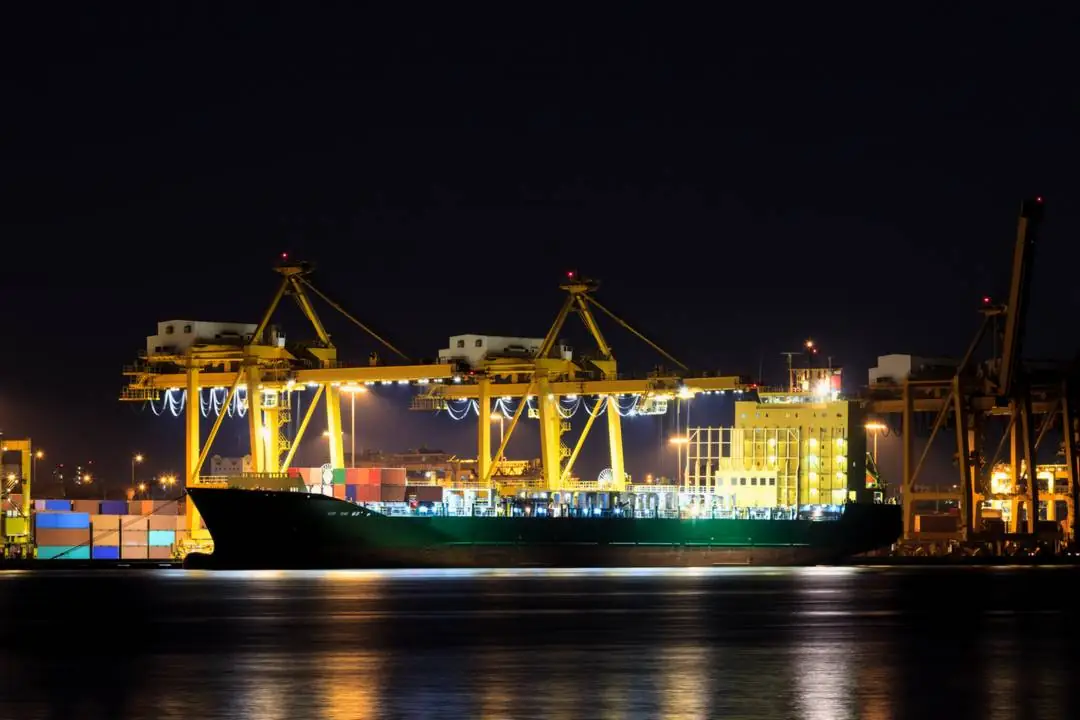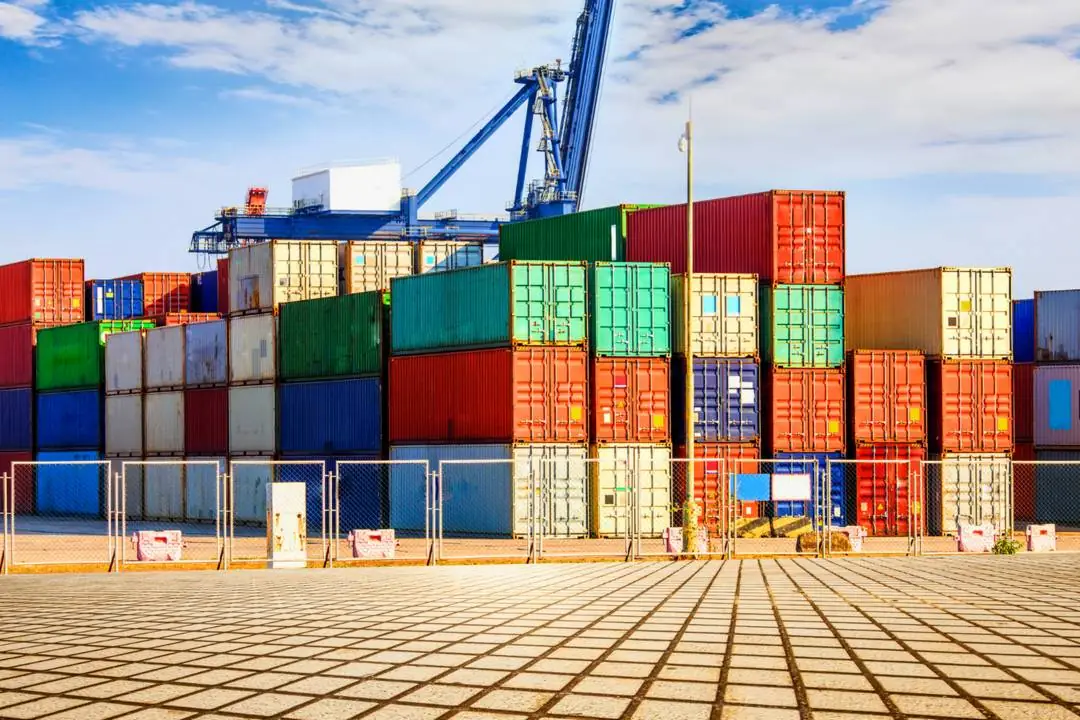Main reasons for fines imposed on exporting and importing companies
The complexity of import and export operations requires meticulous attention to detail and strict compliance with the regulations in force. Any mistake, no matter how small, can result in significant fines and other losses for foreign trade companies.
In this article, we will explore the main reasons why companies face penalties in the context of foreign trade and provide essential tips on how to avoid them.
[Article]: Invoice what it is, how it works and FREE Template
Main reasons for import and export fines
Imports are one of the areas most susceptible to fines, requiring companies to maintain a well-structured compliance system to minimize risks.
Many of these fines are due to errors in the information presented in the documents related to operations.
Here are some of the main causes of fines!
[Article]: The workings of the Automatic Identification System and tracking on the high seas

Foreign Trade
Content with free materials!
Inaccurate or omitted information on shipping documents
Errors or omissions in shipping documents can lead to substantial penalties. It is therefore crucial to ensure that all information is complete and accurate.
[Article]: The workings of the Automatic Identification System and tracking on the high seas
Use of falsehood to obtain tax benefits
Any attempt to deceive the tax authorities in order to obtain tax benefits is strictly punished and results in heavy fines.
How accounting can optimize inventory management in import and export companies
Omission of information
Failure to provide necessary information in documents can result in significant penalties.
[Article]: Accounting implications of exchange rate variations in import-export transactions
Defiance of the customs authority and obstruction of inspection
Any attempt to hinder the customs authorities or disrespect them can result in fines and penalties.
[Article]: Accounting implications of exchange rate variations in import-export transactions
Error when issuing an export invoice
Errors in issuing the export invoice can lead to serious problems and result in fines.
Error in the statistical unit of measurement
Using the wrong statistical unit of measurement is a mistake that can result in fines.
[Article]: Taxation for import companies
List of penalties
The IRS provides a table of common penalties, each associated with a specific reason. Here are some examples:
Reason: Incorrect tax classification
Legal Basis: Art. 711, I, of the Customs Regulations
Penalty: 1% of the Customs Value (minimum R$500.00 and maximum 10% of the total value of the DI)
Reason: Declared price different from arbitrated price
Legal Basis: Art. 703 of the Customs Regulations
Penalty: 100% of the difference calculated
Reason: LI granted after shipment
Legal Basis: Art. 706, I, b, of the Customs Regulations
Penalty: 30% of Customs Value
Reason: Importing goods for commercial purposes as luggage
Legal Basis: Art. 702, III, b of the Customs Regulations
Penalty: 50% Import Tax
Reason: No packing list
Legal Basis: Art. 728, VIII, e, of the Customs Regulations
Penalty: R$500.00
Reason: Omitting or providing inaccurate information
Legal Basis: Art. 711, III and § 1 of the Customs Regulations
Penalty: 1% of the Customs Value (minimum R$500.00 and maximum 10% of the DI value)
Reason: Incorrect quantification in statistical measurement
Legal Basis: Art. 711, II, of the Customs Regulations
Penalty: 1% of the Customs Value (minimum R$500.00 and maximum 10% of the DI value)
Reason: Incorrect Invoice
Legal Basis: Art. 715 of the Customs Regulations
Penalty: R$200.00 per invoice
[Article]: The lack of technical accounting knowledge in importing
Rectification of erroneous information
When incorrect information is identified, it is crucial to carry out rectifications as soon as possible. In the case of imports, the accuracy of the data on the bill of lading is fundamental, as it will guide the entire subsequent process. However, it is vital to be aware of the deadlines set by the IRS and transportation companies to avoid additional costs and delays.
The fine itself is not the only damage caused by errors in import and export processes. In addition to financial penalties, errors can result in additional costs such as storage, demurrage and detention, as well as delays in the release of goods and impacts on commercial reputation.
[Article]: Finding skilled professionals in foreign trade
Avoiding customs fines and other losses
Risk management plays a crucial role in reducing fines and losses in Foreign Trade. Here are some essential strategies for avoiding fines and other problems.
1. Compliance
Compliance involves procedures and processes to ensure compliance with laws and regulations in the area in which you operate. Having technical knowledge is not enough; you need to pay attention to commercial, operational, legal, foreign exchange and customs procedures.
2. Communication
Many fines are the result of miscommunication between the parties involved. It is therefore essential:
Ensure that shipping instructions are complete and standardized.
Know the technical terms of Foreign Trade in the language of negotiation.
Meeting deadlines and being available to answer questions and queries.
3. Technology
Investing in technology can reduce manual errors and improve process monitoring. Automation and the use of artificial intelligence can help identify typing errors and other non-conformities.
4. Risk management
Risk management maps critical points and creates actions to mitigate risks in the process, including penalties. Identifying critical areas in documents and operations is essential.
5. Knowledge of legislation
A thorough knowledge of customs legislation is essential. Keeping up to date and having access to legal sources is essential to avoid compliance problems.
[Article]: See the importance of an accountant for import companies
Count on an expert partner
The main message is that choosing the cheapest service provider is not always the best option. Each process is unique and requires specific planning and attention to detail.
It is essential to choose a specialized service provider who has in-depth knowledge, respects deadlines and offers innovative solutions to ensure the success of import and export operations. Foreign trade fines can be avoided with the right combination of knowledge, technology and compliance.
If you need to rely on experienced accounting advice, capable of providing the best strategies for your company to improve its financial performance, get to know CLM Controller's solutions now.

Spreadsheet
Invoice template


